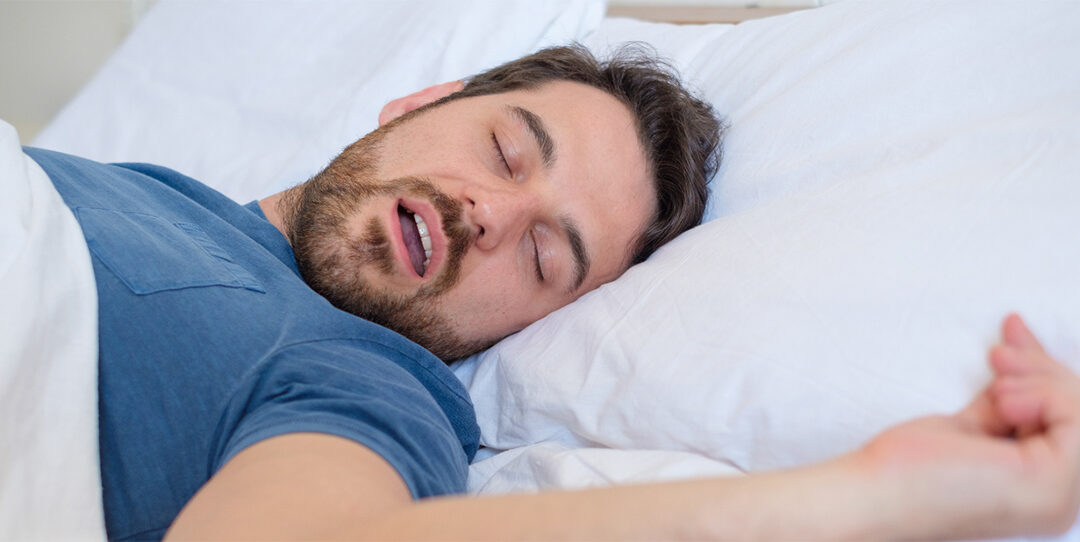Sleeping in a Different Position
Sometimes, changing the position in which you typically sleep can alleviate symptoms of mild to moderate sleep apnea. People who sleep on their backs are more likely to experience sleep apnea issues, such as sleep disturbances, headaches upon waking up, and loud snoring.
However, sleep apnea patients who side-sleep tend to have fewer sleep-related breathing issues. With this in mind, though, positional therapy is only moderately effective in some cases, as severe sleep apnea will usually call for more in-depth corrective actions.
Weight Loss
Being overweight or obese can worsen sleep apnea symptoms, so an individual dealing with both obesity and sleep apnea may find that losing weight helps relieve symptoms. Studies claim that losing only 10% of an individual’s body weight can help reduce sleep apnea symptoms. Losing a bit more than 10% can actually eliminate sleep apnea for some patients.
Corrective Oral Devices
Finally, replacing the CPAP machine with a corrective oral device can not only reduce a person’s sleep apnea symptoms, but it may very well cure the issue altogether. By booking an appointment with an orthodontist, sleep apnea sufferers may be able to undergo corrective oral redevelopment, which corrects the shape of the mouth and airway.
Some oral devices are relatively inexpensive and can be purchased online. However, these mouthguards may effectively relieve sleep apnea, but they’re not designed to cure the condition.
Corrective devices like the VIVOS System can help keep the tongue in its ideal position so that the jaw remains aligned and the airway remains open and free from obstruction. With this treatment, a person may experience complete and permanent relief from sleep apnea symptoms in just 18 months.
Sleep apnea symptoms can range from mild to severe, so depending on the unique aspects of your personal health and the degree of your sleep apnea, one of these solutions may be more effective than others.
If you’re struggling with sleep apnea, contact us to book an assessment. Treatment is possible, and for some, sleep apnea can be cured.

